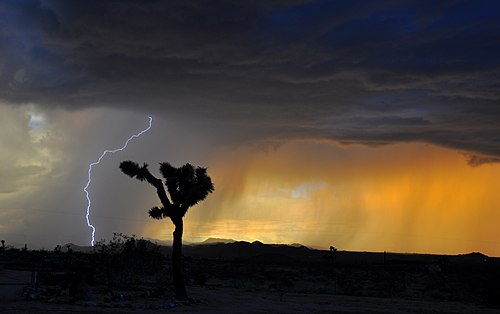Breezenoun
A light, gentle wind.
Breezenoun
(figurative) Any activity that is easy, not testing or difficult.
Breezenoun
(cricket) Wind blowing across a cricket match, whatever its strength.
Breezenoun
Ashes and residue of coal or charcoal, usually from a furnace. See Wikipedia article on Clinker.
Breezenoun
An excited or ruffled state of feeling; a flurry of excitement; a disturbance; a quarrel.
Breezenoun
A brief workout for a racehorse.
Breezenoun
A gadfly; a horsefly; a strong-bodied dipterous insect of the family Tabanidae.
Breezeverb
To move casually, in a carefree manner.
Breezeverb
(weather) To blow gently.
Breezeverb
To take a horse under a light run in order to understand the running characteristics of the horse and to observe it while under motion.
Breezeverb
(intransitive) To buzz.
Breezenoun
A fly of various species, of the family Tabanidæ, noted for buzzing about animals, and tormenting them by sucking their blood; - called also horsefly, and gadfly. They are among the largest of two-winged or dipterous insects. The name is also given to different species of botflies.
Breezenoun
A light, gentle wind; a fresh, soft-blowing wind.
Breezenoun
An excited or ruffed state of feeling; a flurry of excitement; a disturbance; a quarrel; as, the discovery produced a breeze.
Breezenoun
Refuse left in the process of making coke or burning charcoal.
Breezenoun
Refuse coal, coal ashes, and cinders, used in the burning of bricks.
Breezeverb
To blow gently.
Breezenoun
a slight wind (usually refreshing);
Breezenoun
any undertaking that is easy to do;
Breezeverb
blow gently and lightly;
Breezeverb
to proceed quickly and easily
Stormnoun
Any disturbed state of the atmosphere, especially as affecting the earth's surface, and strongly implying destructive or unpleasant weather.
Stormnoun
A violent agitation of human society; a civil, political, or domestic commotion; violent outbreak.
Stormnoun
(meteorology) a wind scale for very strong wind, stronger than a gale, less than a hurricane (10 or higher on the Beaufort scale).
Stormnoun
(military) A violent assault on a stronghold or fortified position.
Stormverb
To move quickly and noisily like a storm, usually in a state of uproar or anger.
Stormverb
(intransitive) To rage or fume; to be in a violent temper.
Stormverb
(transitive) To assault (a stronghold or fortification) with military forces.
Stormverb
(impersonal) To have the weather be violent, with strong winds and usually rain, thunder, lightning, or snow.
Stormnoun
A violent disturbance of the atmosphere, attended by wind, rain, snow, hail, or thunder and lightning; hence, often, a heavy fall of rain, snow, or hail, whether accompanied with wind or not.
Stormnoun
A violent agitation of human society; a civil, political, or domestic commotion; sedition, insurrection, or war; violent outbreak; clamor; tumult.
Stormnoun
A heavy shower or fall, any adverse outburst of tumultuous force; violence.
Stormnoun
A violent assault on a fortified place; a furious attempt of troops to enter and take a fortified place by scaling the walls, forcing the gates, or the like.
Stormverb
To assault; to attack, and attempt to take, by scaling walls, forcing gates, breaches, or the like; as, to storm a fortified town.
Stormverb
To raise a tempest.
Stormverb
To blow with violence; also, to rain, hail, snow, or the like, usually in a violent manner, or with high wind; - used impersonally; as, it storms.
Stormverb
To rage; to be in a violent passion; to fume.
Stormnoun
a violent weather condition with winds 64-72 knots (11 on the Beaufort scale) and precipitation and thunder and lightening
Stormnoun
a violent commotion or disturbance;
Stormnoun
a direct and violent assault on a stronghold
Stormverb
behave violently, as if in state of a great anger
Stormverb
take by force;
Stormverb
rain, hail, or snow hard and be very windy, often with thunder or lightning;
Stormverb
blow hard;
Stormverb
attack by storm; attack suddenly
Storm
A storm is any disturbed state of an environment or in an astronomical body's atmosphere especially affecting its surface, and strongly implying severe weather. It may be marked by significant disruptions to normal conditions such as strong wind, tornadoes, hail, thunder and lightning (a thunderstorm), heavy precipitation (snowstorm, rainstorm), heavy freezing rain (ice storm), strong winds (tropical cyclone, windstorm), or wind transporting some substance through the atmosphere as in a dust storm, blizzard, sandstorm, etc.



















